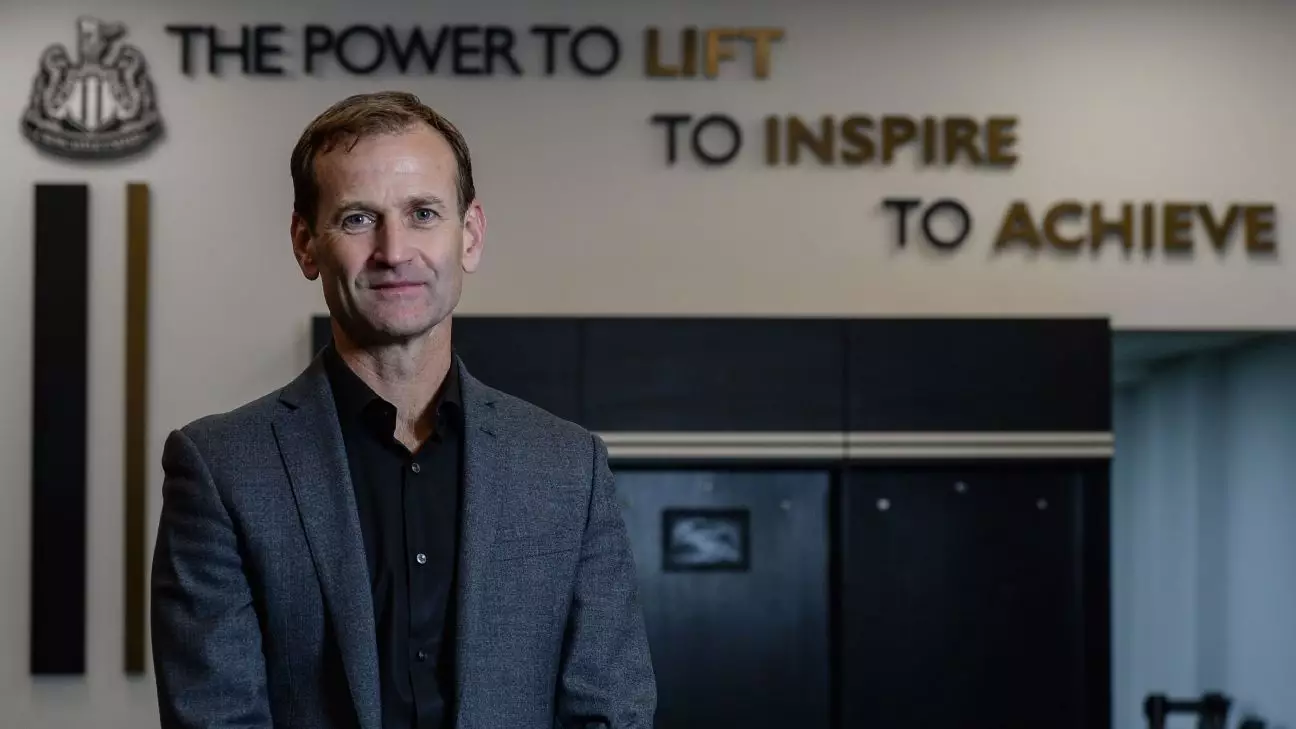In the last decade, English clubs have increasingly adopted the position of a Director of Football (DOF) or its equivalent. Previously, this role was not common, with most clubs relying solely on managers to make personnel decisions. However, with the rise of professional sports worldwide, the need for a DOF has become more pronounced. While traditionally known as a director of football, this role can vary in title and responsibilities depending on the organization.
The Importance of the Director of Football
The modern Director of Football is a pivotal figure within a football club, responsible for overseeing the football side of the organization. This includes making crucial personnel decisions such as player signings, contract negotiations, and budget management. The DOF collaborates with the coaching staff, scouts, and analytics departments to ensure the club’s success both in the short and long term.
Unlike player recruitment or coaching, the role of a DOF is often subjective and challenging to quantify. Evaluating players and coaches involves objective data points, whereas the decisions made by a DOF are based on a combination of instinct, negotiation skills, and long-term planning. The ability to strike the right deals, manage player contracts, and navigate the complex world of player transfers requires a unique set of skills including both hard and soft skills.
One of the key responsibilities of a Director of Football is to negotiate deals that benefit the club financially and strategically. This involves acquiring players at the right price, offloading surplus players, and ensuring that the club’s resources are optimized. Deal-making in football can be a murky world, with various intermediaries and agents involved, making it essential for a DOF to have a keen eye for detail and a knack for navigating complex negotiations.
The Impact of a Director of Football on Club Performance
Assessing the impact of a Director of Football on a club’s performance can be challenging due to the multitude of factors at play. While some clubs, like Brighton, have thrived under the guidance of their DOF, others have faced challenges despite having experienced personnel in place. The ability to sustain success beyond the tenure of a DOF raises questions about the processes and structures put in place by the individual.
Hiring the right Director of Football is a crucial decision for any football club as the individual plays a significant role in shaping the club’s future. However, evaluating the effectiveness of a DOF can be complex, as success in football is often attributed to multiple factors and individuals. The ability to balance short-term results with long-term planning, manage relationships within the organization, and navigate the competitive landscape of modern football are all essential qualities of a successful DOF.
The role of a Director of Football in modern soccer is multifaceted and essential for the success of a football club. While the responsibilities of a DOF may vary, the impact of the individual on the club’s performance cannot be overstated. By combining strategic planning, negotiation skills, and a deep understanding of the game, a Director of Football can be a transformative figure within a football organization.
